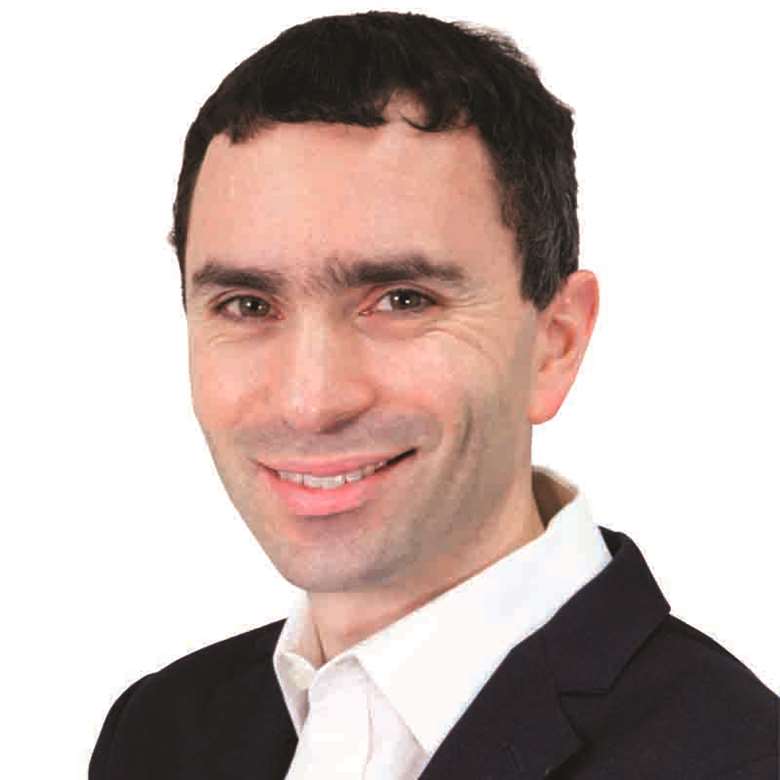The importance of open-minded artists
Martin Cullingford
Thursday, January 30, 2020
Today's most fascinating musicians are those forging their own paths

Register now to continue reading
Thanks for exploring the Gramophone website. Sign up for a free account today to enjoy the following benefits:
- Free access to 3 subscriber-only articles per month
- Unlimited access to our news, podcasts and awards pages
- Free weekly email newsletter








